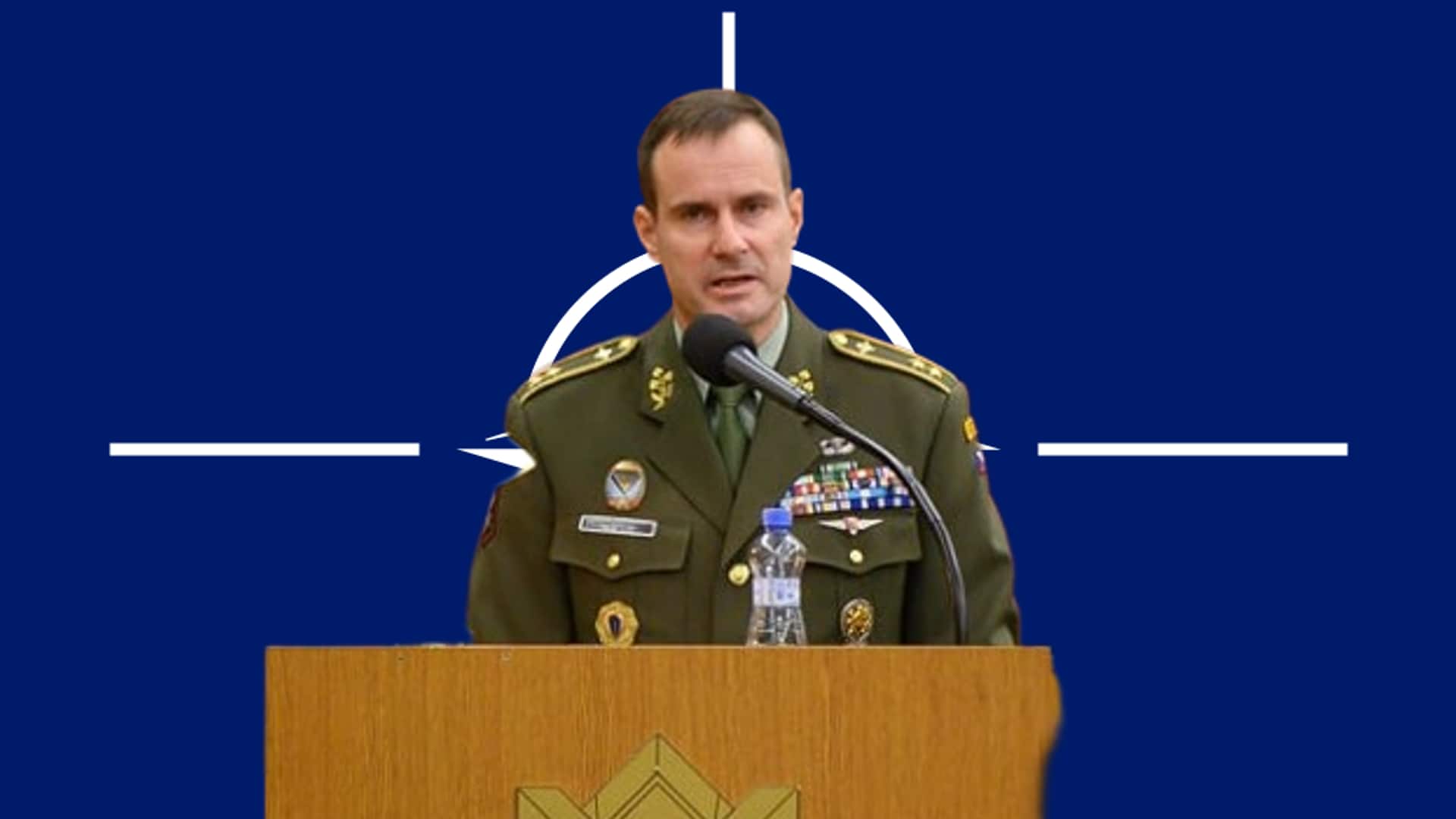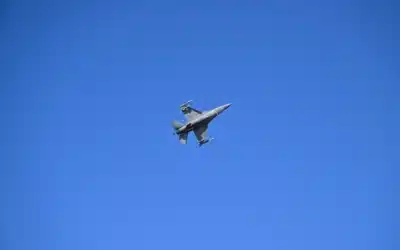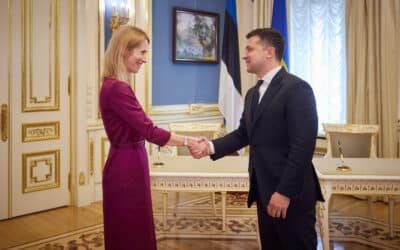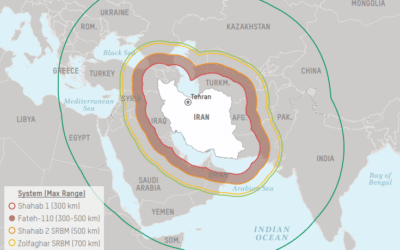The commander of the Czech Republic’s armed forces said the North Atlantic alliance and Russia are on the path to a direct war. The general described the potential war as the “worst-case scenario” but emphasized that it remains a distinct possibility.
General Karel Rehka, the chief of the Czech armed forces general staff, told his country’s parliament on Monday about the risk of conflict between NATO and Russia. “No one wants it at all, but it is not impossible. It is necessary to stop saying that this is not possible, because it is simply possible. It can happen and it is necessary to prepare for it in the long run,” he said.
“We view war between Russia and the North Atlantic Alliance as the worst-case scenario, but it is not impossible,” Rehka continued. “It is possible… [Russia] is currently on a course towards a conflict with the Alliance.”
Tensions between Moscow and the West have spiraled in recent weeks. At a Group of Seven (G7) meeting earlier this month, Washington and its allies announced a plan to transfer F-16 fighter jets to Ukraine. Russian Foreign Minister Sergey Lavrov said supplying advanced fighter jets to Kiev is an “unacceptable escalation” and warned the West is “playing with fire.”
Additionally, Ukraine has carried out a series of attacks on Russian territory over the last month. On May 3, two drones were fired at the Kremlin in an apparent attempt to assassinate Russian President Vladimir Putin, while a neo-Nazi militia allied with Kiev used American weapons to launch a cross-border raid last week. Then, on Tuesday, Kiev again attacked Moscow with several drones.
Rehka claimed that both Moscow and Brussels would like to avoid a direct conflict, stating “Everyone knows it would be a tragedy.”
While high-ranking officials in NATO states say they hope to avert war with Russia, those nations continue to cross major ‘red lines’ set down by Moscow, with US National Security Adviser Jake Sullivan recently asserting that Kiev could use US arms to attack the Crimean Peninsula. Secretary of State Antony Blinken previously acknowledged that targeting Crimea was a “red line” for the Kremlin.

































